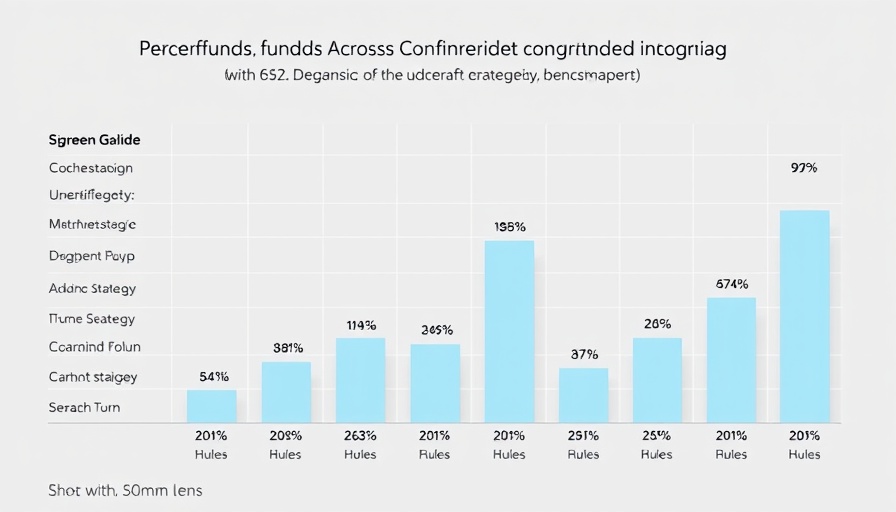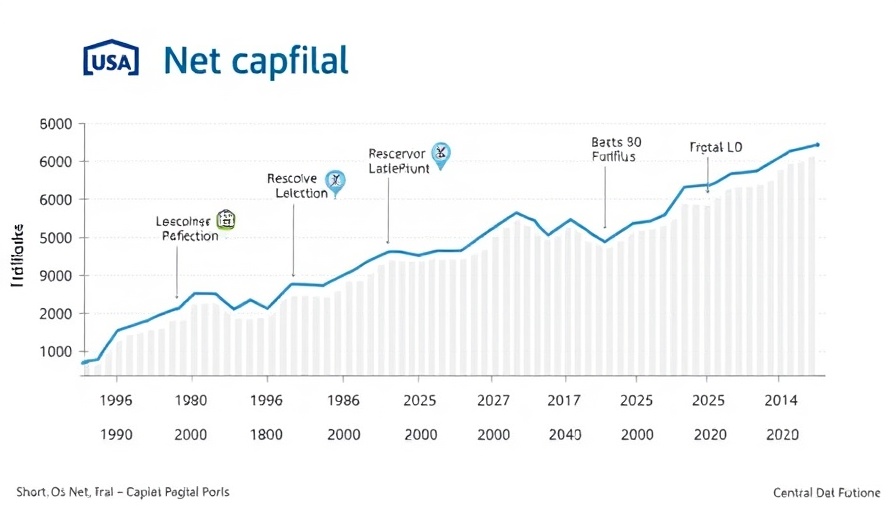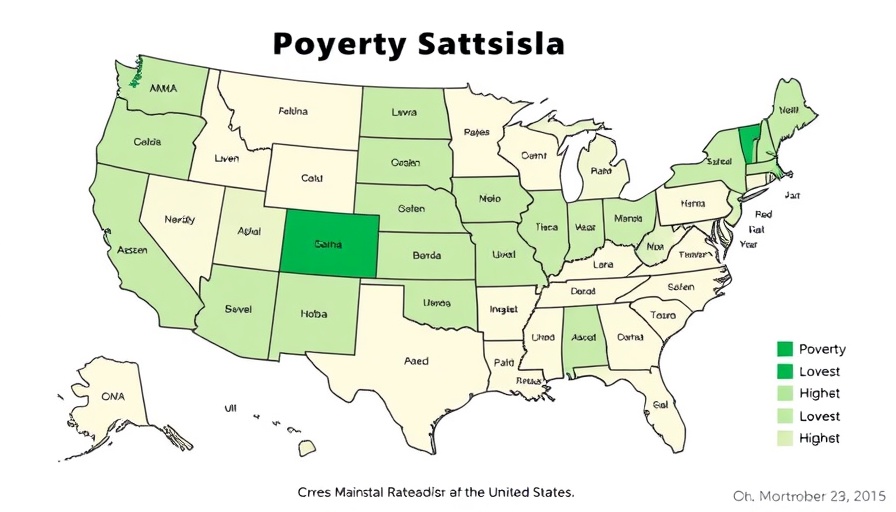
Staggering Data Reveals Flaws in Active Large-Cap Management
For those managing significant portfolios, the revelation that 89.5% of active large-cap funds fail to outperform the S&P 500 over a 15-year period is a wake-up call. This finding, compiled by SPIVA, suggests that investing in active management might not offer the advantages that many brokers claim. When you consider a fund market filled with so-called experts, these figures show that often, it's better to stick with a reputable index fund.
Understanding Market Performance Over Time
The persistent underperformance extends beyond the U.S. market, with similar trends reported across Europe, Asia, and Africa. In the short term, 65.24% of large-cap funds underperformed the benchmark; shocking results that grow worse as time frames extend to 20 years, where almost all funds fail to provide an edge after fees are considered.
The Argument for Index Funds
These statistics should give pause to high earners in Philadelphia: why risk your hard-earned money on active funds when the odds are stacked so heavily against outperformance? Theory suggests that capturing market returns through broad index funds can lead to stronger overall performance and, more importantly, align portfolios with a sustainable, long-term strategy.
The Benefits of a Broad Index Strategy
By centering portfolios around broad index funds, investors can mitigate the risks associated with poor active management while potentially emphasizing sustainable growth. This strategy allows for exposure to the broad market without incurring the high management costs and volatility often associated with active funds.
In summary, if you're among the top wage earners in Philadelphia and currently invested in active large-cap funds, it might be worth reevaluating your strategies. The data clearly indicates that a diversified portfolio centered around index funds is likely the safer route, ultimately leading to better returns without the elevated risks.
 Add Row
Add Row  Add
Add 




Write A Comment